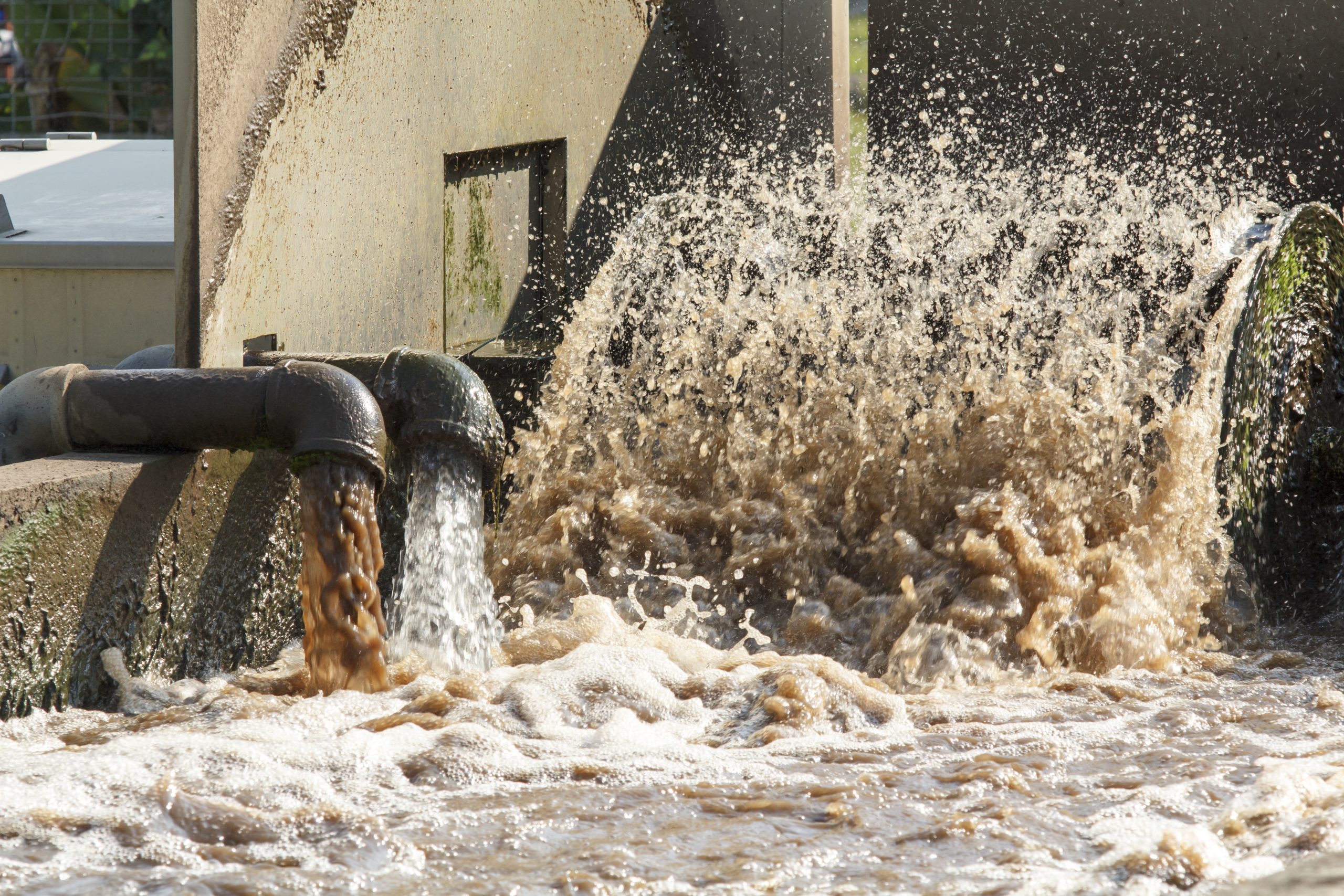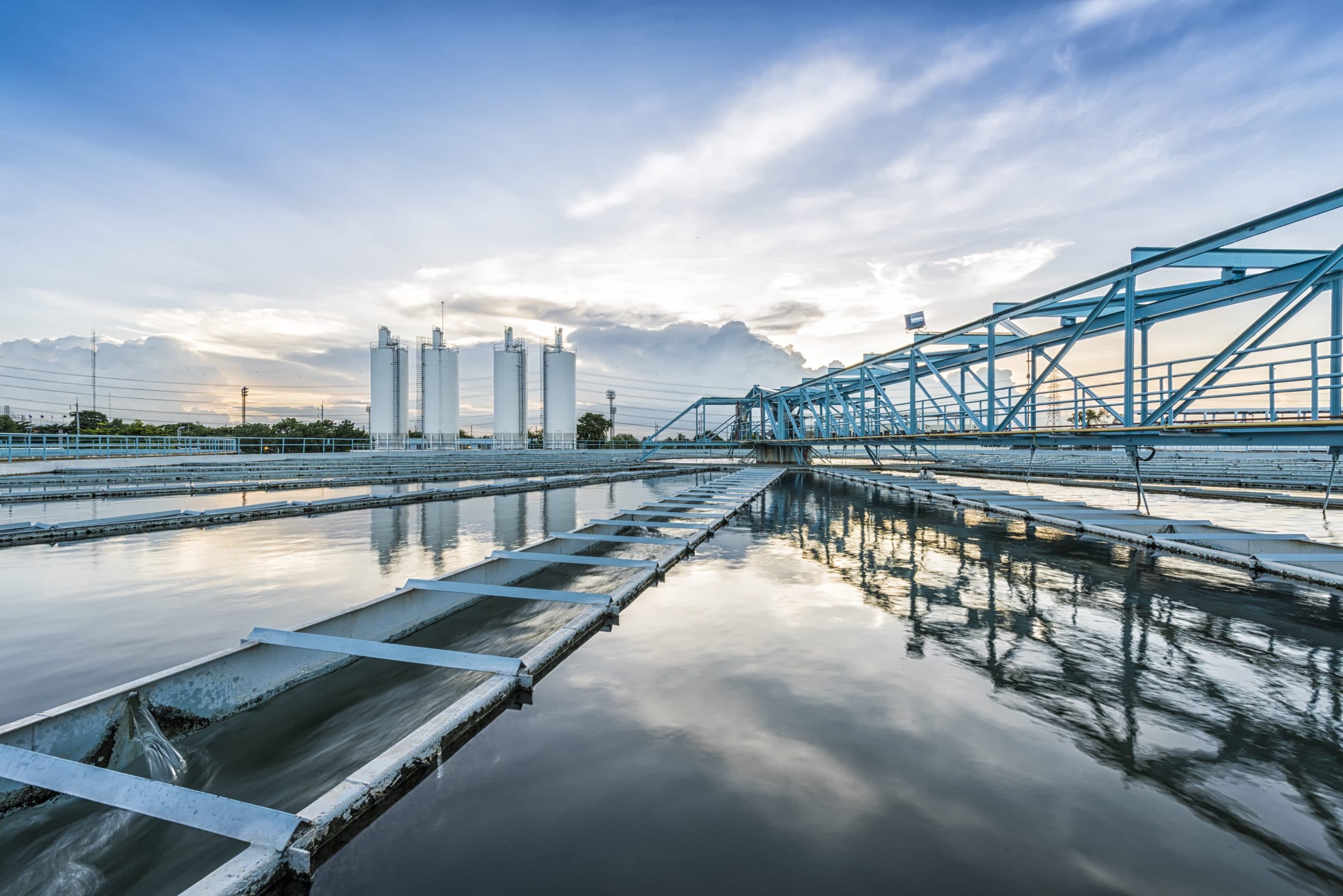Advancements and Advancements in Hazardous Waste Water Treatment Technologies
The landscape of industrial wastewater therapy is undertaking a transformative change, driven by technologies that enhance both efficiency and sustainability. As regulatory standards evolve, the integration of AI and device knowing into wastewater administration systems assures to make sure and enhance procedures compliance.
Summary of Drainage Treatment Technologies
Wastewater treatment technologies encompass a variety of approaches created to eliminate pollutants from industrial effluents before their release into the setting. These modern technologies are important for preserving environmental balance and making certain conformity with environmental guidelines. The primary groups of wastewater therapy include physical, chemical, and organic methods, each serving distinct purposes based upon the nature of the pollutants present.

Organic therapy methods utilize microbes to degrade raw material, making them specifically effective for organic-rich effluents. Methods like triggered sludge and biofilm reactors harness the natural deterioration capacities of microorganisms, leading to considerable reductions in biochemical oxygen need (BODY)
Advanced Purification Strategies
Advanced purification techniques stand for an important advancement in the realm of industrial wastewater treatment, enhancing the efficiency of contaminant removal processes. Industrial Waste Water Treatment. These methods encompass a variety of innovations, including microfiltration, ultrafiltration, nanofiltration, and reverse osmosis, which offer sequential barriers for various particle sizes and chemical frameworks
Microfiltration and ultrafiltration make use of membrane layer systems to remove suspended solids, bacteria, and larger natural particles, enhancing the high quality of effluent prior to further treatment. Nanofiltration links the void between ultrafiltration and reverse osmosis, effectively getting rid of organic compounds and divalent ions, hence lowering the tons on downstream processes.
Reverse osmosis offers the highest degree of filtration by permitting just water and small particles to pass via its semi-permeable membrane layers, making it optimal for reclaiming high-quality water from commercial effluents. Current developments in membrane innovation, including the advancement of more sturdy and fouling-resistant materials, have actually dramatically boosted operational effectiveness and decreased prices.
Integrating these advanced filtration techniques not only boosts the general therapy process but likewise contributes to sustainability efforts by enabling water reuse and source recovery in commercial setups. (Industrial Waste Water Treatment)
Biological Therapy Advancements

In addition, more tips here the advancement of engineered organic systems, such as membrane bioreactors (MBRs), combines organic treatment with innovative membrane layer filtration. This assimilation permits greater effluent high quality and reduced impact, making it suitable for space-constrained commercial facilities. Technologies in YOURURL.com genetically engineered microorganisms have actually also arised, improving the biodegradation of certain impurities, such as pharmaceuticals and hefty metals, that are traditionally challenging to get rid of.
Furthermore, the execution of bioaugmentation methods, where advantageous germs are introduced to boost the existing biological therapy procedures, has revealed promising outcomes in boosting treatment efficiency. These technologies collectively symbolize a trend towards even more sustainable and effective biological treatment techniques that can adapt to the progressing intricacies of industrial wastewater streams. As markets proceed to prioritize ecological compliance, these organic technologies will play an important duty in wastewater management.

Source Recovery Approaches
In industrial setups, the combination of resource recuperation techniques has actually ended up being increasingly essential for improving sustainability and decreasing waste. These techniques focus on drawing out valuable products and power from wastewater streams, thus changing potential toxins into recyclable resources.
One famous approach is nutrition recovery, where nitrogen and phosphorus, commonly present in excess in wastewater, are recorded and transformed into fertilizers. This not just reduces ecological influences but likewise provides a circular economic situation solution for agricultural applications. In addition, technologies such as anaerobic digestion enable for the conversion of natural waste into biogas, a renewable power resource that can balance out fossil gas use in commercial procedures.
Moreover, advanced filtering and membrane layer technologies help with the healing of commercial spin-offs such as steels and salts. These recouped materials can be rehabilitated right into manufacturing processes, decreasing the requirement for virgin sources.
Future Fads in Drainage Management
As industries progressively prioritize sustainability, the future of wastewater administration is readied to undertake significant changes. Technological improvements, such as expert system and artificial intelligence, will enable much more efficient monitoring and management of wastewater systems. These technologies can predict maintenance demands, maximize therapy procedures, and improve decision-making, eventually minimizing operational costs and environmental impact.
Moreover, the assimilation of round economic situation concepts will play a crucial role in wastewater monitoring. Industries are anticipated to move towards systems that not only deal with wastewater however likewise recover valuable sources, such as nutrients, water, and energy. This transition will certainly decrease waste and advertise the reuse of products, straightening with international sustainability goals.
Emerging therapy techniques, such as membrane bioreactors and advanced oxidation processes, will better improve the efficiency of wastewater treatment, enabling greater high quality effluents suitable for reuse. In addition, regulative structures are most likely to progress, stressing stricter criteria for wastewater discharge and encouraging industries to embrace cutting-edge treatment remedies.
Final Thought
To conclude, the advancement of industrial wastewater therapy innovations learn the facts here now shows a considerable change towards boosted efficiency and sustainability. Technologies in sophisticated purification techniques, organic treatments, and source recovery techniques highlight the sector's commitment to ecological stewardship. The integration of man-made knowledge and artificial intelligence even more maximizes these processes, making sure regulatory compliance and advertising a round economy. Continued innovations in these areas will play a critical role fit the future of wastewater monitoring and protecting important water sources.
The landscape of industrial wastewater treatment is going through a transformative change, driven by technologies that boost both performance and sustainability.Wastewater therapy technologies encompass a range of methods designed to get rid of impurities from commercial effluents prior to their launch right into the atmosphere.Taking advantage of the power of organic processes has led to significant developments in the treatment of commercial wastewater.In addition, the execution of bioaugmentation approaches, where useful microorganisms are introduced to enhance the existing biological therapy procedures, has shown promising outcomes in boosting treatment performance. These innovations jointly symbolize a pattern in the direction of more effective and sustainable organic therapy approaches that can adapt to the advancing intricacies of industrial wastewater streams.